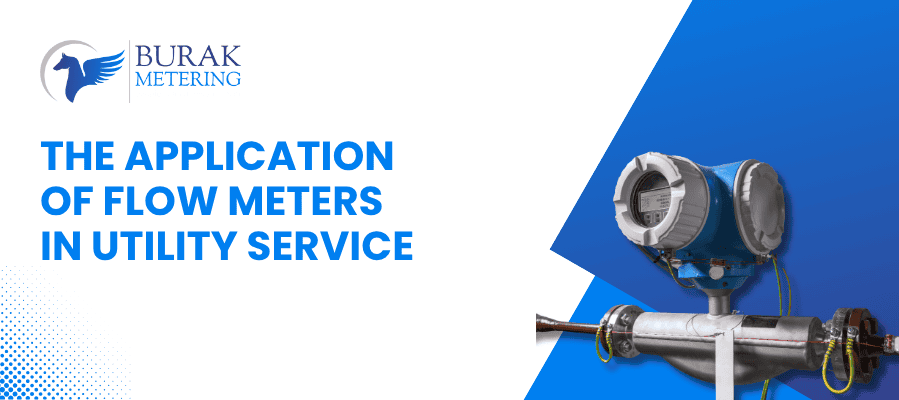 Phone
Phone

In the world of utility services, where precision, efficiency, and resource management are paramount, the application of flow meters emerges as a pivotal technology.
From water and gas to electricity and beyond, flow meters play a crucial role in monitoring, controlling, and optimizing the distribution of essential utilities.
In this blog, we will explore the diverse applications of flow meters in utility services, shedding light on their significance and how they contribute to the seamless delivery of crucial resources.
One of the primary applications of flow meters in utility services is in water distribution systems.
Flow meters accurately measure water flow in pipes, allowing utility providers to monitor consumption, detect leaks, and optimize water distribution networks for efficiency and conservation.
In residential and commercial settings, flow meters measure gas flow for heating.
Whether in homes, businesses, or industrial facilities, precise gas flow measurement ensures that heating systems operate efficiently, contributing to comfort and cost-effectiveness.
Flow meters are integral to the production of electricity in various forms.
Hydroelectric power plants measure water flow to turbines, while thermal power plants monitor steam flow.
This data is crucial for optimizing power generation and maintaining the efficiency of electrical systems.
In the oil and gas industry, flow meters are employed in pipelines to measure the flow of crude oil and natural gas.
Accurate measurement is essential for billing purposes and ensuring the smooth and safe transportation of these valuable resources.
Flow meters are vital in monitoring the flow of sewage and wastewater in treatment plants.
By precisely measuring the volume of wastewater, utility providers can optimize treatment processes, adhere to environmental regulations, and ensure the responsible management of effluents.
Flow meters are crucial in district heating systems, where centralized plants supply heat to multiple buildings.
They measure hot water or steam flow, allowing for efficient distribution and ensuring that each building receives the appropriate amount of heat.
Flow meters contribute to efficiently operating renewable energy sources such as solar and wind power.
In solar thermal systems, they measure the flow of heat transfer fluids, while in wind farms, they monitor air flows for optimal energy capture.
In water treatment processes, flow meters are used to precisely control the injection of chemicals such as disinfectants and coagulants.
This ensures that water is treated effectively and meets quality standards.
As utility services continue to evolve, the role of flow meters becomes increasingly significant in ensuring efficient and sustainable resource management.
Flow meters optimize processes, cost-effectiveness, and environmental responsibility from water distribution to electricity generation and beyond.
The seamless delivery of essential utilities relies on the precision and reliability of flow meters, making them indispensable in the dynamic landscape of utility management.
Looking to improve flow accuracy in your utility operations?
Burak Metering delivers precision flow metering solutions for water, gas, heating, and energy systems. From water distribution networks to district heating systems, our meters support efficient resource management and regulatory compliance.
Get in touch today to discuss the right flow meter for your utility infrastructure.